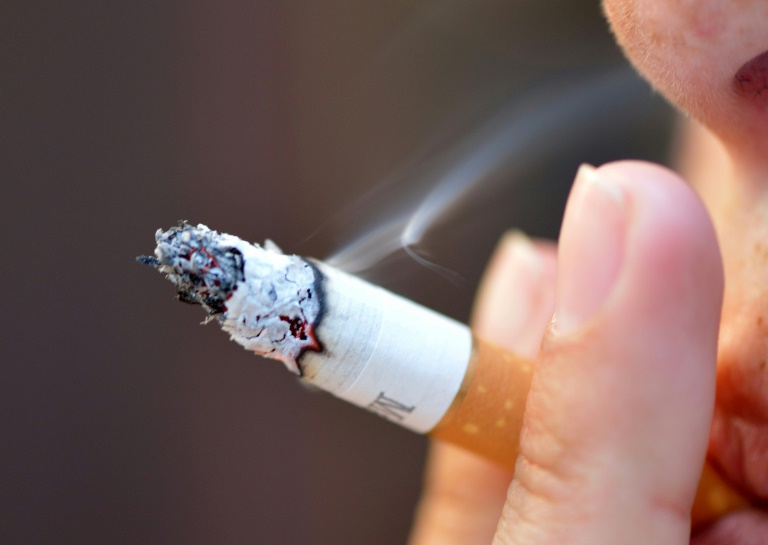
Don’t Deny Smokers Their Best Opportunity to Prevent Disease » Capital News
World Lung Cancer Day on August 1 served as a stark reminder of the devastating impact that lung cancer has on millions of lives worldwide.
It was a day to reinforce the global resolve to combat this formidable disease, but it also exposed a troubling paradox.
Just as efforts were being made to raise awareness and find solutions to combat lung cancer, some misguided activists in Kenya were using the moment to advocate for tighter restrictions on nicotine products that offer smokers their best chance of avoiding the disease.
Reduced-risk tobacco-free products, such as vapes and nicotine pouches, are proven to be the most successful tool for helping smokers make the critical switch from traditional cigarettes to less harmful alternatives.
These innovative products offer a lifeline to millions, providing a way to satisfy nicotine cravings without exposing users to the carcinogens and harmful toxins found in combustible tobacco.
Yet, some opponents seem intent on overlooking this lifesaving potential, fixating instead on a misguided opposition to anything related to nicotine consumption.
It is crucial to differentiate between smoking and nicotine use.
Smoking is the primary cause of lung cancer and a host of other deadly diseases. On the other hand, nicotine itself, while addictive, does not cause cancer – and that’s according to the World Health Organization.
There is no better illustration of the beneficial impact of alternative nicotine products than what has happened in Sweden.
The Scandinavian nation has dramatically reduced its smoking rates in recent years and is about to become the first country to achieve official ‘smoke-free’ status.
It now has the lowest lung cancer incidence in Europe. Furthermore, the rate of deaths in Sweden from lung cancer is less than half the EU average.
These are public health outcomes any nation would dream of. So, how has Sweden achieved them?
Swedes have long used snus – a traditional oral tobacco product – as an alternative to cigarettes. This helped reduce Sweden’s smoking rate and disease burden below the European average as many adult smokers transitioned.
Significantly, the Swedes also transferred this attitude of acceptance to new, more modern, and less harmful tobacco-free products which have come onto the market in the last decade. The advent of vapes in 2015 and, more recently, oral nicotine pouches in 2018 has resulted in Swedish smoking rates continuing their rapid descent.
Kenya’s anti-tobacco activists, often driven by funds from ideological foreign entities, like to claim that vapes and pouches are simply a ‘gateway’ to cigarettes.
Yet Sweden again disproves that myth. With a smoking level of only 3% in those aged 16-29 years, Sweden boasts the lowest level of younger-age smoking in Europe.
The Swedish experience of beating smoking and reducing smoking-related mortality and morbidity conclusively proves the case for making less harmful alternative products accessible, acceptable, and affordable.
In contrast, the demonization of nicotine and its safer delivery methods hinders progress in public health and undermines the efforts to reduce the staggering toll of lung cancer.
If we truly want to learn the lessons of World Lung Cancer Day, we should stand united in supporting evidence-based approaches that encourage smokers to transition to safer alternatives.
We must reject the false narrative that tarnishes the potential of reduced-risk products and instead embrace pragmatic solutions that can help save lives and lessen the burden of lung cancer in Kenya and beyond.
The author is the chairman of Campaign for Safer Alternatives (CASA)
